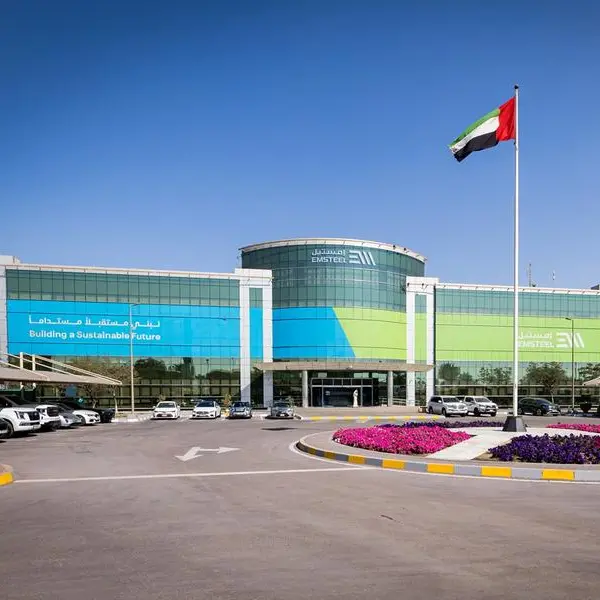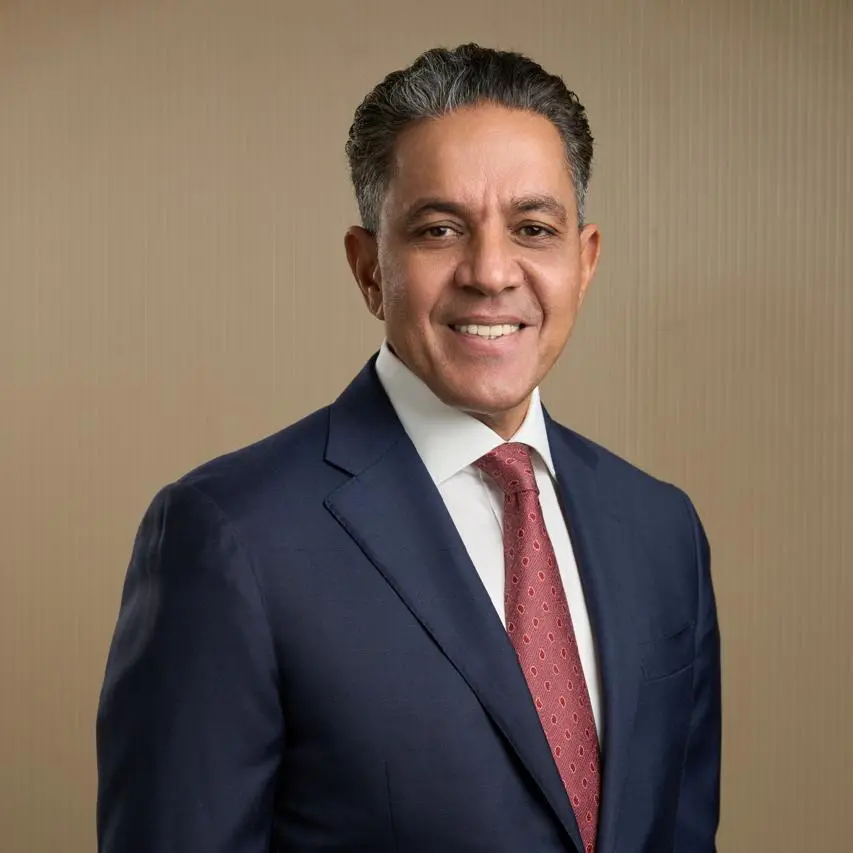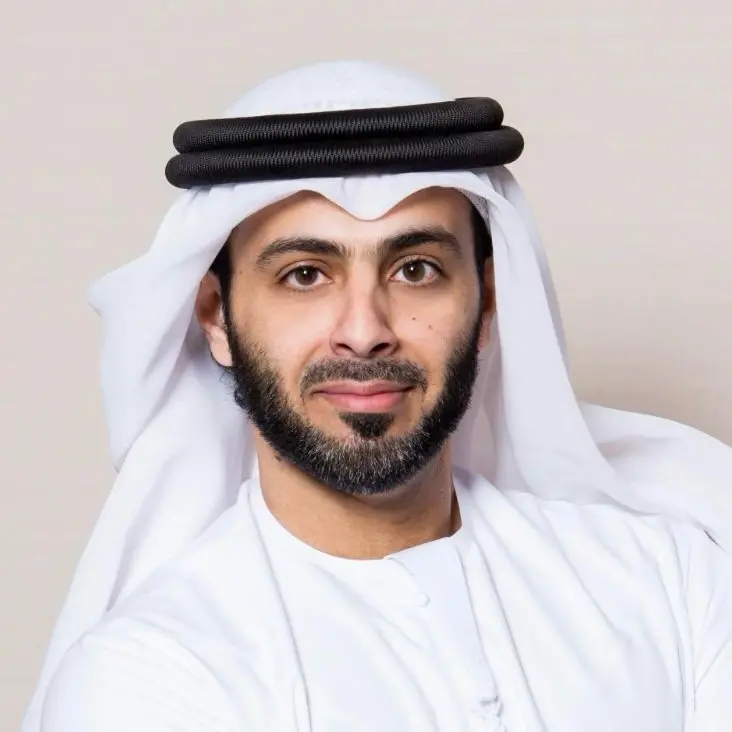The international medical humanitarian organization Doctors Without Borders/Médecins Sans Frontières (MSF) has launched a new program to treat malnourished children in the state of Katsina, in the northwest of Nigeria, as conflict and insecurity surge in the region and access to health care remains limited. Malnutrition is endemic in northern Nigeria with cases usually declining by October, though this year MSF teams are continuing to see alarmingly high levels.
MSF is working in collaboration with the Nigerian Ministry of Health to run a 62-bed inpatient therapeutic treatment center (ITFC) in Katsina City, as well as five ambulatory therapeutic treatment centers (ATFCs): one in Katsina City and the other four in Jibia Local Government Area, close to the border with Niger where many parents from Nigeria are seeking care for their malnourished children.
Since activities launched in Jibia in August, MSF has admitted 4,513 malnourished children, 78 percent of whom were suffering from severe acute malnutrition. Given that these centers were only open two days a week due to security concerns, these numbers are strikingly high.
In the city of Katsina, from the beginning of activities on September 20 through the last week of October, MSF staff admitted 1,784 severely malnourished children to the ATFC and 324 to the ITFC. MSF is still admitting patients into its ITFC in Katsina City, showing that there are still malnourished children needing treatment in a region with very limited care options.
“During the summer, MSF carried out a nutritional survey in Katsina that revealed alarmingly high levels of malnutrition,” said Dr. Guyguy Manangama, MSF’s deputy emergency cell manager. According to this survey, the prevalence of global acute malnutrition was 26.1 percent, and severe acute malnutrition was 7.4 percent.
“The fact that we are not yet seeing the number of admissions drop in our centers leads us both to worry about how severe the situation is now and how it will develop if the response is not stepped up,” Manangama said.
People in the northwest of the country, including Katsina, are also currently experiencing a wave of violence, with kidnappings for ransom common and frequent confrontations between various armed groups and Nigerian forces. Conflict has also impacted agricultural activities because people are afraid to work in the fields, travel is more difficult, and the cost of food has increased. People are also facing an economic crisis driven by several factors including the consequences of the COVID-19 pandemic.
“The conflict is both contributing to the high levels of malnutrition and making responding to them more difficult,” Dr. Manangama said. “The provision of health care is increasingly complicated; medical staff can be targets for kidnapping, and they fear attacks on medical centers. The insecurity also means that we cannot travel to all the areas where we would like to offer care. Insecurity is a real issue in the area, but more must be done by international organizations to help the Nigerian authorities deal with this very worrying malnutrition situation.”
MSF teams in Nigeria are also running nutritional activities in Zamfara State, with three ITFCs in Anka, Shinkafi, and Zurmi Local Government Areas, as well as 12 ATFCs spread throughout the state.
Distributed by APO Group on behalf of Mdecins sans frontires (MSF).
© Press Release 2021
Disclaimer: The contents of this press release was provided from an external third party provider. This website is not responsible for, and does not control, such external content. This content is provided on an “as is” and “as available” basis and has not been edited in any way. Neither this website nor our affiliates guarantee the accuracy of or endorse the views or opinions expressed in this press release.
The press release is provided for informational purposes only. The content does not provide tax, legal or investment advice or opinion regarding the suitability, value or profitability of any particular security, portfolio or investment strategy. Neither this website nor our affiliates shall be liable for any errors or inaccuracies in the content, or for any actions taken by you in reliance thereon. You expressly agree that your use of the information within this article is at your sole risk.
To the fullest extent permitted by applicable law, this website, its parent company, its subsidiaries, its affiliates and the respective shareholders, directors, officers, employees, agents, advertisers, content providers and licensors will not be liable (jointly or severally) to you for any direct, indirect, consequential, special, incidental, punitive or exemplary damages, including without limitation, lost profits, lost savings and lost revenues, whether in negligence, tort, contract or any other theory of liability, even if the parties have been advised of the possibility or could have foreseen any such damages.



















